The Future DiverCities project is implemented by a consortium of 13 partners led by La Friche La Belle de Mai (Marseille).
The city pilots will happen simultaneously in 8 European cities, Berlin, Zagreb, Liepaja, Kuopio, Marseille, Florence, Timișoara, and Athens.
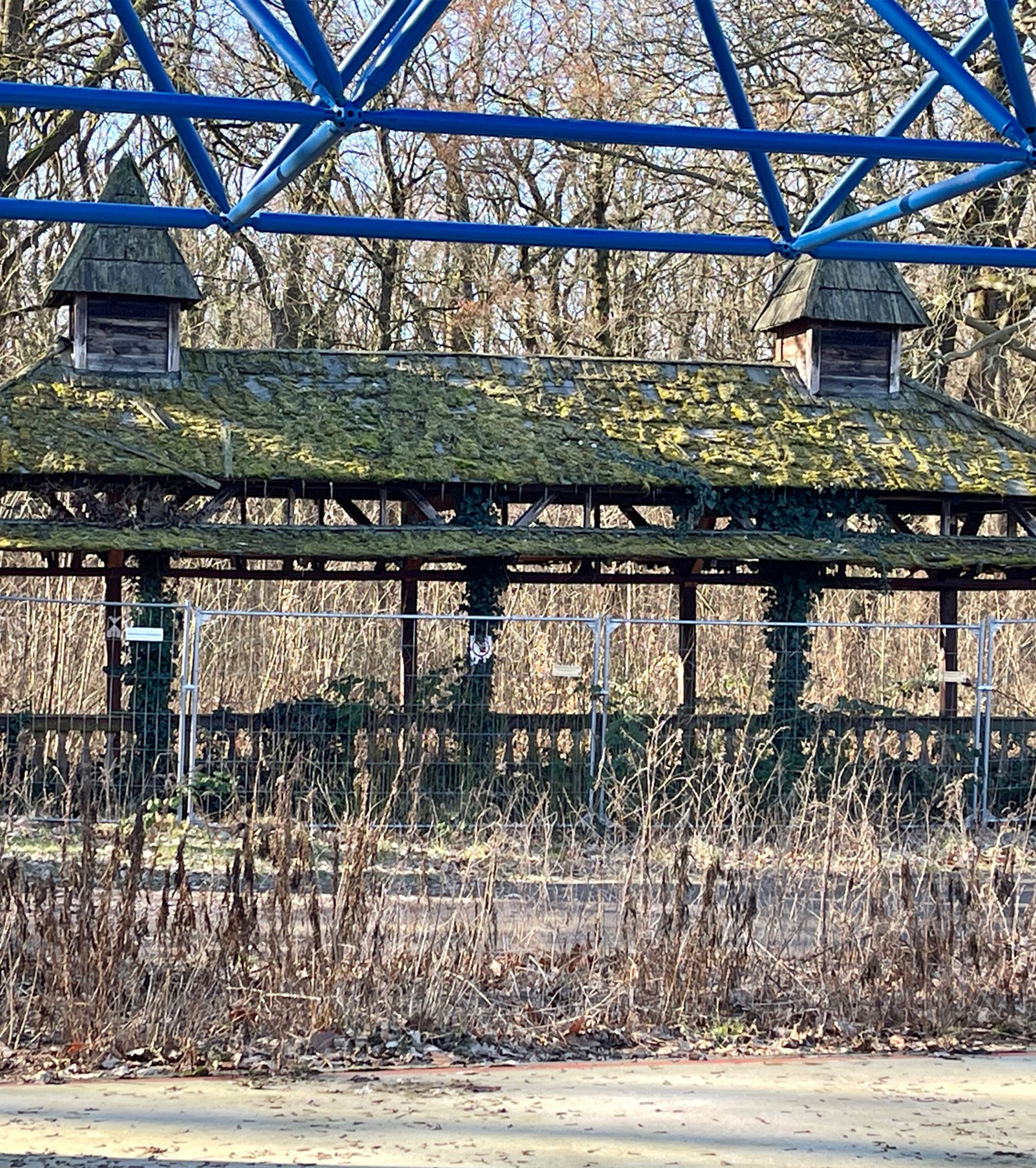
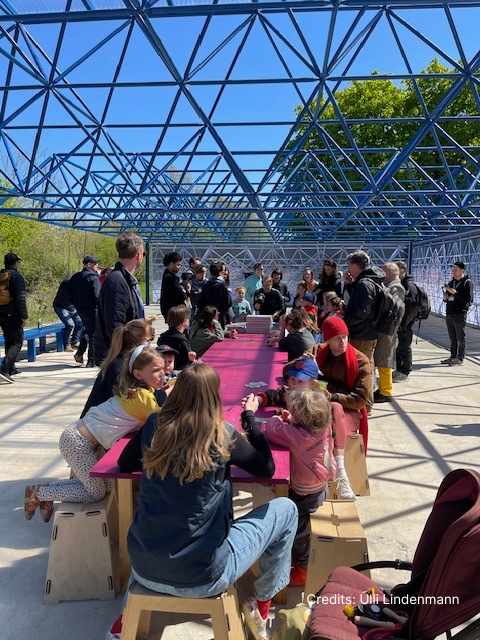
Public Art Lab is a Berlin based and globally networked non-profit organisation for urban media art that investigates, curates, and produces artistic projects in the urban public sphere at the intersection of media arts, urban planning and creative technologies. PAL is specialised in digital placemaking, creative citymaking, citizen science, art and climate change and connecting people and places through artistic interactions. The projects are generated in an action research and open co-design process with stakeholders to facilitate methodologies and strategies for community placemaking and neighbourhood building. Public Art Lab was project lead of the Culture Programme of the European Union like Connecting Cities Network 2012-16 and beneficiary in the Creative Europe projects Future DiverCities 2016-2020, and participated in the Augmented Europe project of the Europe for Citizens programme and in Culture Backstage of the Erasmus programme among others. Public Art Lab has a large European and worldwide network and an experienced partner in implementing international and translocal cultural projects.
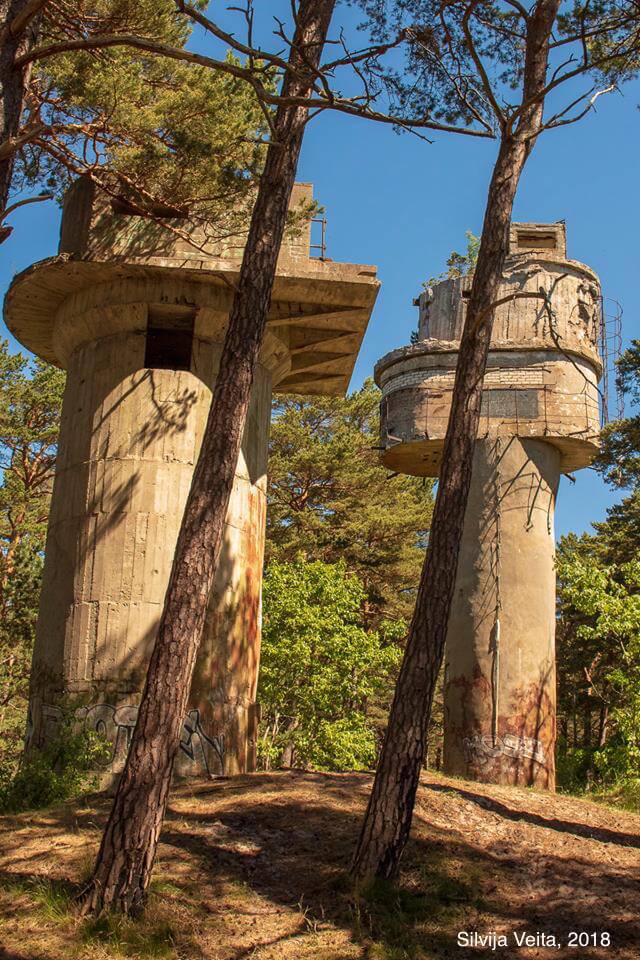
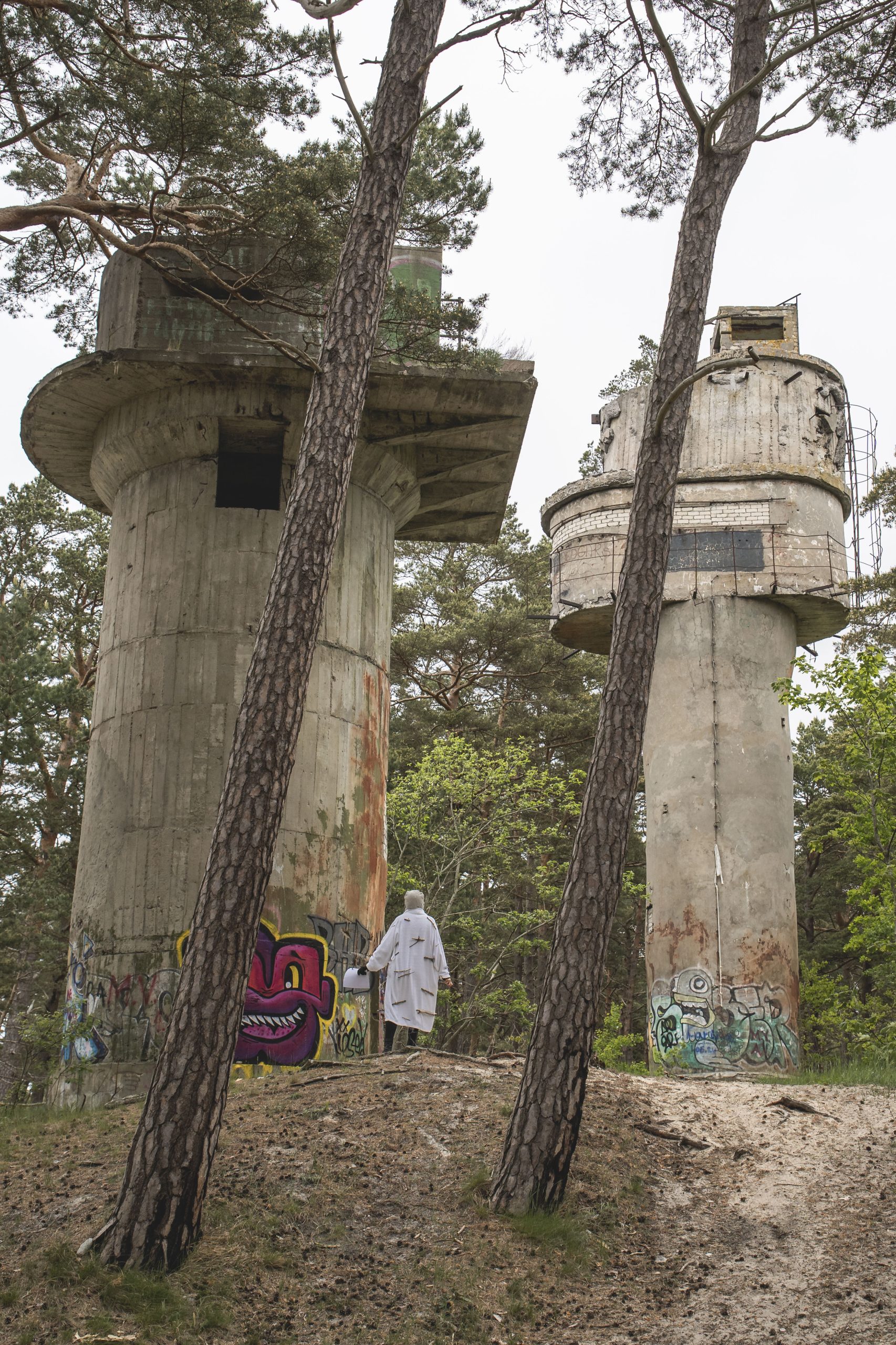
The Department of Culture is a Liepāja municipal institution, that implements the function of commitment to culture and promoting the preservation of traditional cultural values and the development of community creative activity. The main functions of the Department of Culture are to shape the cultural landscape and ensure the long-term development of cultural activities in Liepāja, by ensuring and implementing the local government policy of the city in the field of culture and creative sector; to promote the participation of the community in the activities of folk art and craft art by promoting the preservation of cultural heritage; to promote access to cultural education; to preserve the minority cultural traditions, and facilitate the development of the cultural and creative sector resources; to foster partnerships with regional, national, and international entities to facilitate cultural exchanges, joint projects, and collaborations and to preserve and promote the cultural heritage of Liepaja by safeguarding historical sites, traditions, customs, and intangible cultural heritage of the city. Liepaja Culture department was a partner of the first Future DiverCities project (2016-2020). Liepāja, as city with a rich industrial heritage, military historical context, a wonderful cultural offer and fabulous natural beauty, is constantly hanging between opposites – rest and unrest, noise and silence, action and inaction, buzz and tranquillity, full speed and full stop, white and black, joy and grief, love and hatred. Opposites and differences exist side by side, and their mutual tension often forms the unique identity of Liepāja. For the next few years Liepāja is building the capacity of the local cultural sector and cross-sectoral cooperation. Furthermore, Liepaja holds the title “European Capital of Culture 2027”.
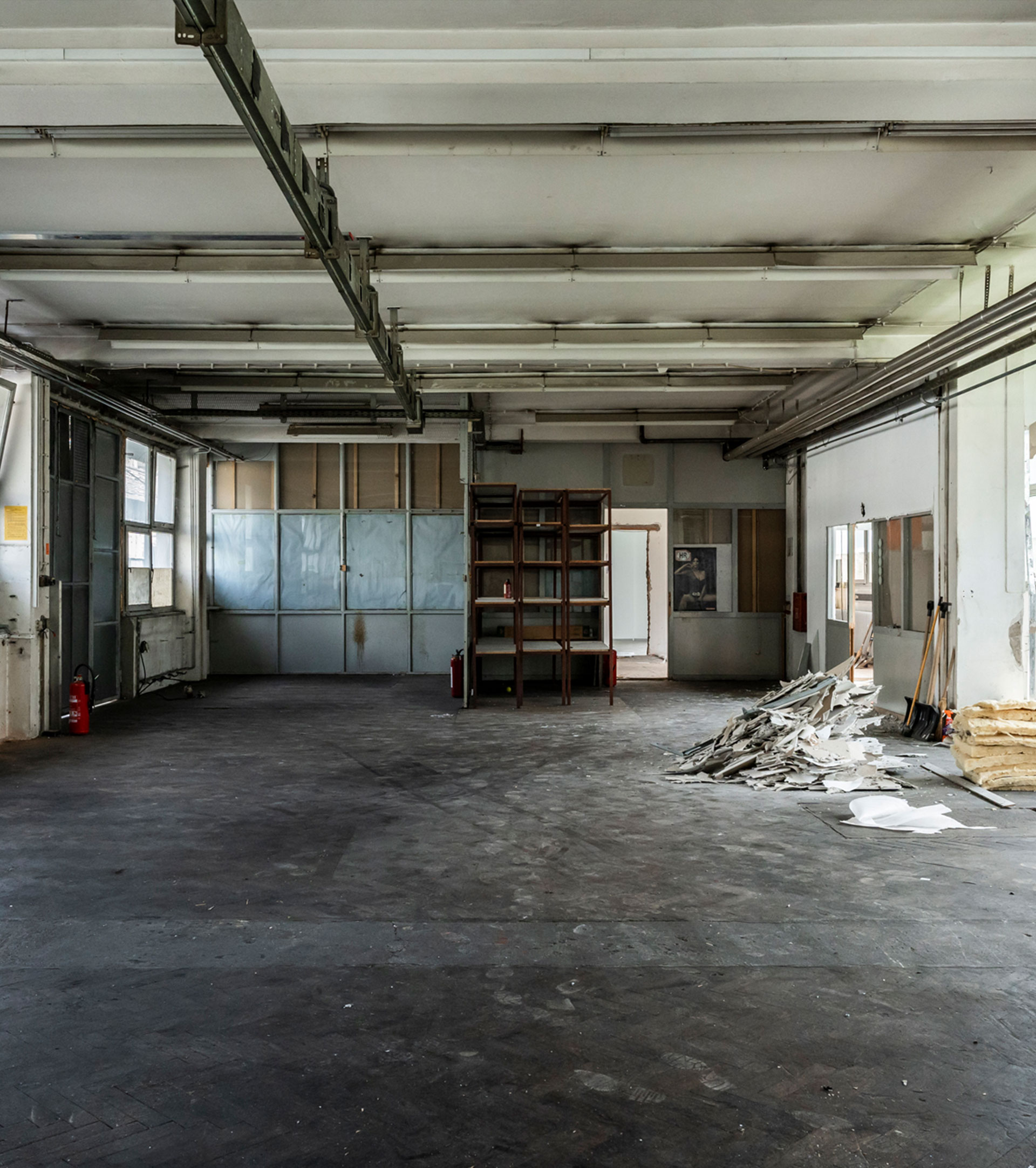
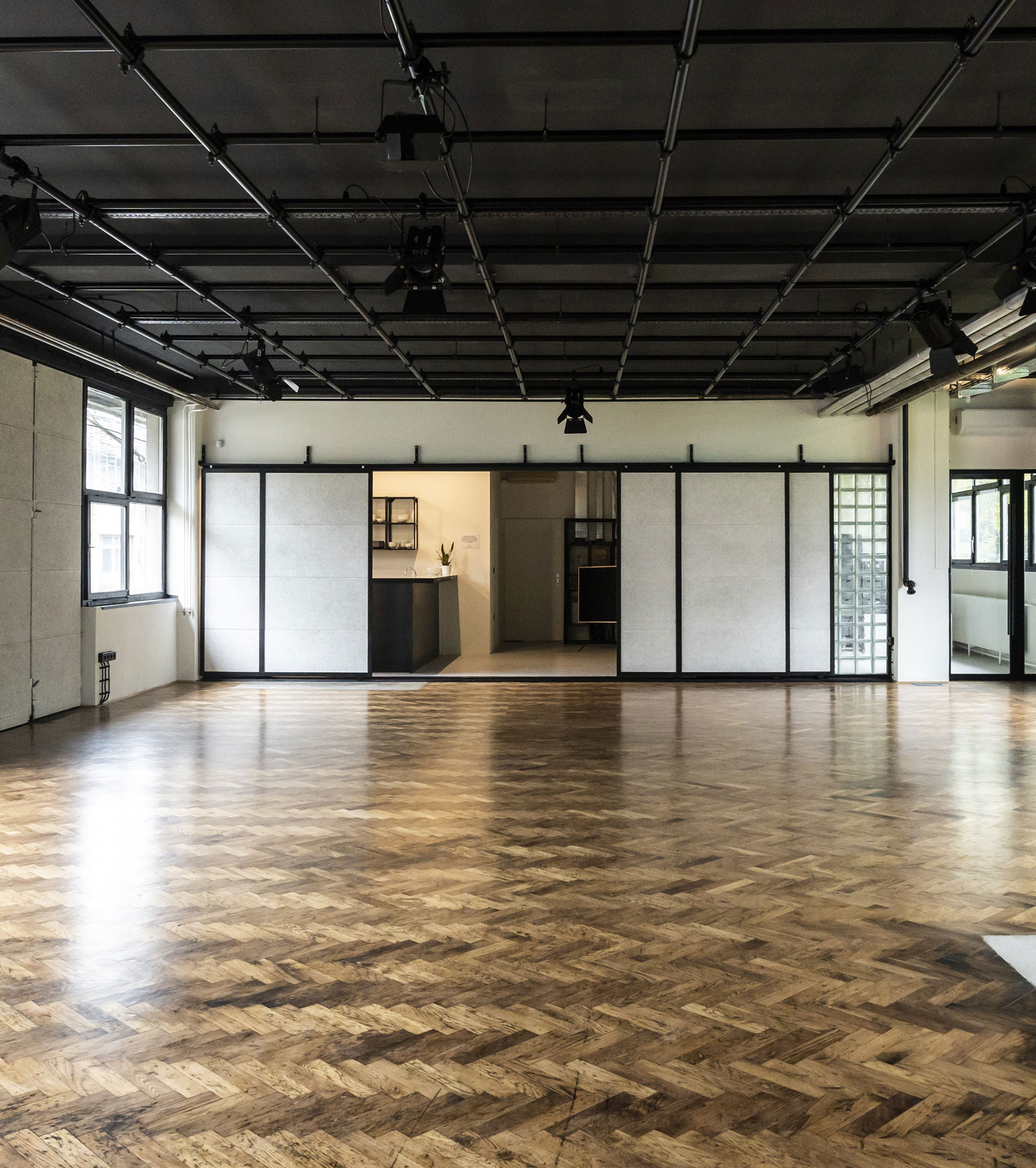
KONTEJNER, bureau of contemporary art praxis is a non-profit organization from Zagreb, Croatia founded in 2002 that is engaged in curatorial work, organization of art festivals and events, artistic productions, publishing, education and social theory. The main field of interest is progressive contemporary art which investigates the role and meaning of science, technology and the body in our society, focusing on relevant and current phenomena as well as those perceived by the society as taboos, such as pleasure, time and energy, mental health, human and artificial intelligence manipulation and dark matter.
KONTEJNER deals also with local problems of inadequate spatial infrastructure for organisations of independent culture and civil society in Zagreb, and is engaged in the conceptualization of innovative models. KONTEJNER is experienced in EU and international projects and has been and is part of several Creative Europe projects: Future DiverCities (2016-2020), EMAP – European Media Art Platform (2017-2021), Re-Imagine Europe (2019-2021), Arc-hive (2021-2022) as well as a lead partner on the Erasmus+ project “Sound Experiments – New Approaches in Non-formal Learning in Music” (2021-2023).
Photo by Sanja Bistričić.
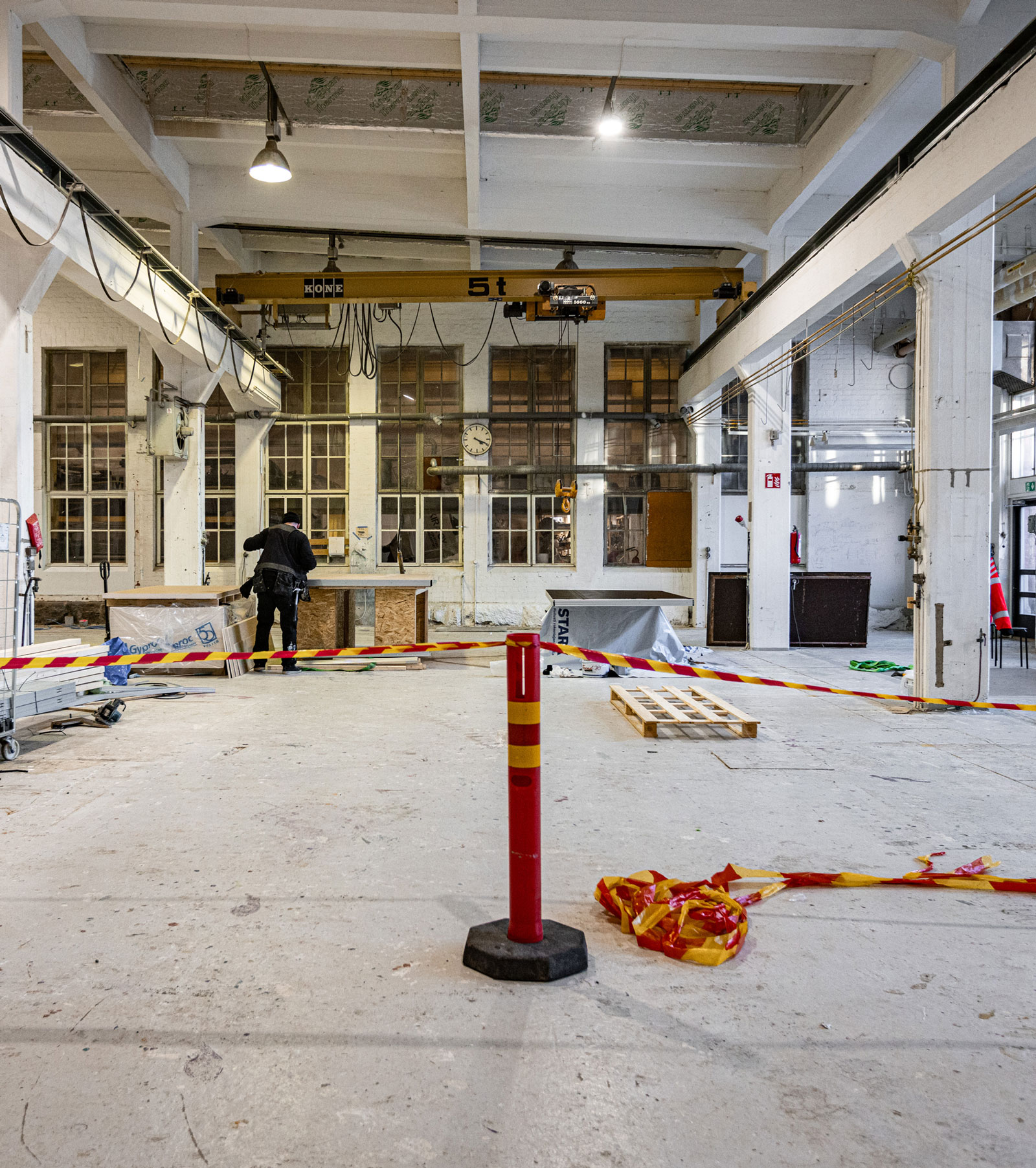

ANTI – Contemporary Art Festival is a renowned live arts festival taking place annually in Kuopio Finland. The festival has a year-round programme of community building projects, artists residencies, and other events. ANTI has over 20 years of expertise in producing and presenting contemporary art in urban context, international networking, curating and managing international art projects and engaging local communities with them. ANTI is a trusted and experienced partner in international collaboration projects. It has been a partner in several Creative Europe projects; currently in Face to Faith 2020-2023, and recently in Future DiverCities 2016-2020. The festival is part of several international networks such as the European In Situ and the Australian Situate Arts in Festival.


La Friche La Belle de Mai is the leader of the project. La Friche, in its prototypal form, arose in 1992 out of the new models for urban cultural interaction in the public interest, now known as “third places.” This unique, reinvented space brings together artistic activity, modes of urban transformation, real connections to the region, and dynamic cooperation. La Friche is both a workspace for 70 resident organizations representing all creative disciplines (400 artists, producers, and employees work here every day), and a cross-disciplinary venue (each year, over 600 artistic events are made available to the public). Every year, 450,000 visitors come to this 45,000 square-meter public space housing five performance spaces, a community garden, a playground and athletic space, a restaurant, bookstore, daycare, some 2,400 square meters of exhibition space, an 8,000 square-meter rooftop, and a training center. Thanks not only to its size but also to the number and variety of spaces, La Friche provides workspace to artists, in addition to allowing numerous projects to develop at the same time. Sculptors, actors, painters, photographers, dancers, and producers can have the time and space they need for writing and creating. With their year-round presence and creative activity, these residents, called “frichistes,” form the living artistic hub that has been an essential part of La Friche since its conception. Here, art and culture are brought into existence, shared, and enjoyed. But like any neighborhood, La Friche invites us to wander its streets, hang out in its public spaces, have a bite or a drink, drop off the kids at daycare or take them to the playground, buy fruit and vegetables at the Monday farmers market, or even dig a bed in the community garden. It’s not a coincidence that La Friche adopted the name of La Belle de Mai, the larger neighborhood surrounding it. Neighborhood youth feel welcome in the spaces that are open seven days a week, and the youngest Belle de Mai residents even have daycare. La Friche opened the cinema Le Gyptis in 2014, which has since become a pillar of the neighborhood, and people from Belle de Mai and beyond feel at home in its many open spaces. Marseille has seen recent major problems of space management, with deadly collapses of dilapidated buildings, and the city has very important regeneration plans. The intervention is planned for abandoned spaces in the neighborhood of La Belle de Mai where La Friche is located, in the city centre. They are in a derelict state and contribute badly to the residents’ well-being. The approach on Commoning will aim at creating citizen-led processes, fostering citizens participation and a form of renewed collective ownership of the area, whilst exploring positive applications of the Nudge theory.
photo after: © CHRONIQUES | Manon Delanoë
CHRONIQUES is one of the leading organisations dedicated to digital arts in France, whose ambition is to propose a new outlook on societal transformations incurred by the digital revolution through the unique viewpoint of arts and creation. They accompany artists, encourage contemporary artistic forms using new technologies, and run a wide range of educational and cultural engagement activities with different audiences, aiming at accompanying a conscious and creative appropriation of digital tools. Community building is at the heart of CHRONIQUES’ activities, which is constantly testing new forms of co-curation and community involvement processes. CHRONIQUES is a resident at La Friche La Belle de Mai and was also a partner of the first edition of the Future DiverCities project (2016-2020).
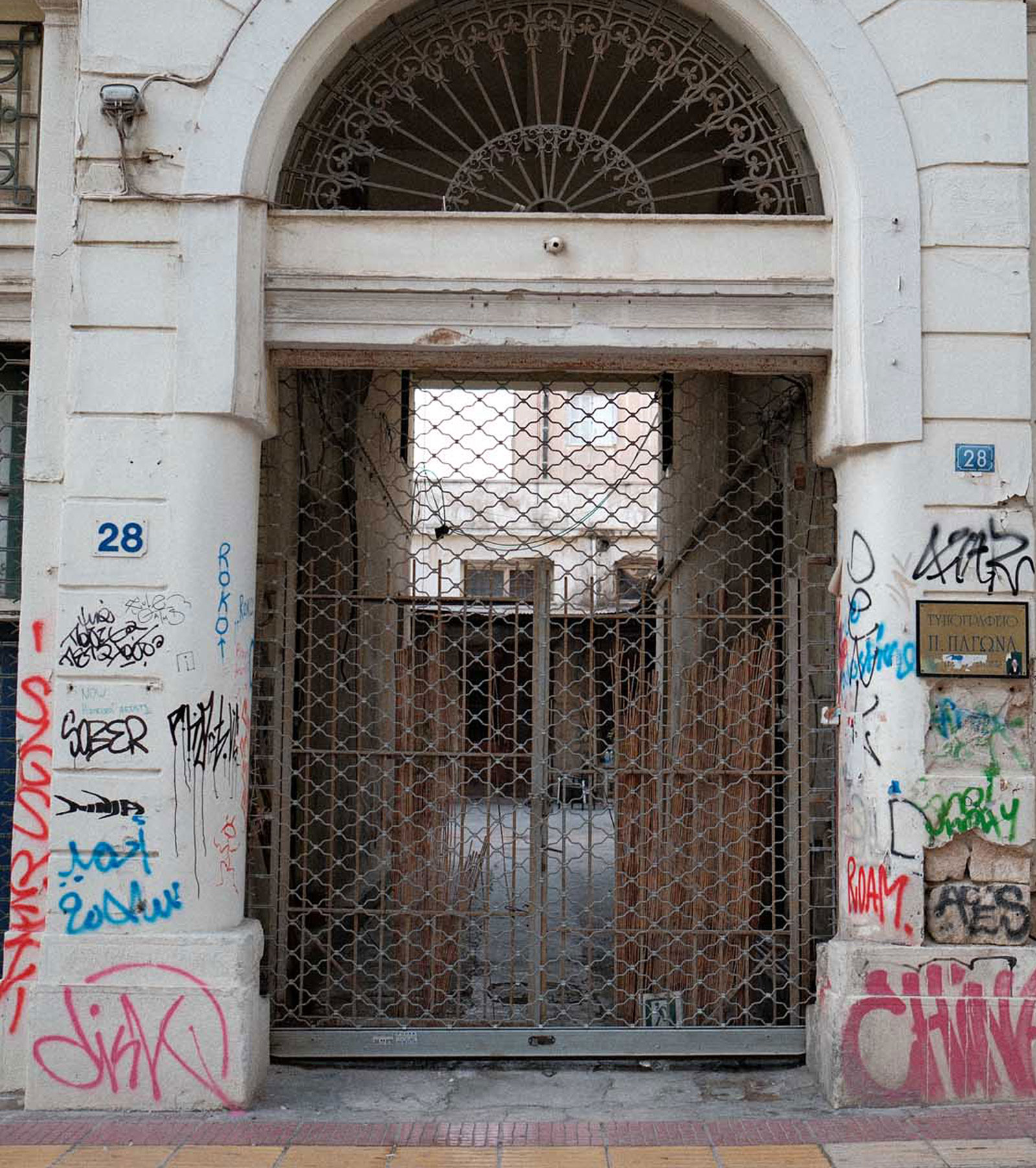
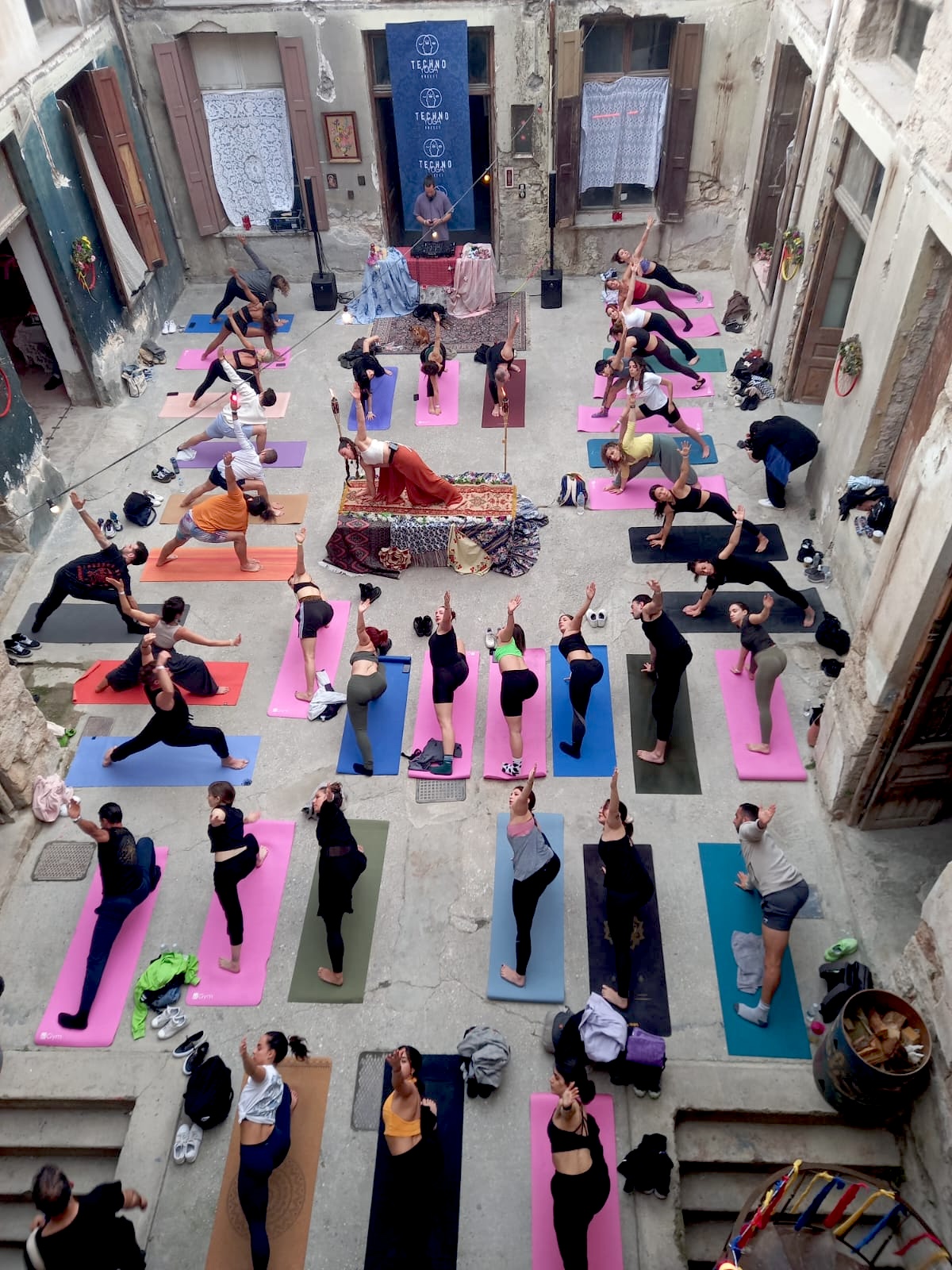
BIOS – Exploring Urban Culture is a Not-for-Profit Company, founded in 2001 in Athens and has since been active in the field of contemporary cultural production, focusing on the expression of young people, the changes in art and technology today and the shaping of the urban environment. BIOS resides in three locations in the centre of Athens. Two multifunctional buildings and an urban skate bowl garden. Since its very beginning, the organization focuses on the development of networks and foundations of creative expression, upholding its vision of evolving and improving life in the city, for its people in current times. With the main purpose of promoting contemporary arts, their relationship with new media and technology, but also the interconnection of different artistic fields, the BIOS organization, in the last almost twenty years, has curated and created a huge variety of events such as concerts, theater performances, screening programs, exhibitions, workshops and educational programs, as well as a multitude of festivals and creative platforms. The success of its events, since the very first year of operation of the BIOS Organization, has proven that there is a large audience interested in a different approach to contemporary cultural becoming. Twenty years later, and through its cultural activity in different artistic fields, the cultural organization BIOS is a body for highlighting innovative artistic creation in Athens. BIOS has been a partner of numerous Creative Europe projects and is one of the founders and now chair of the European Creative Hubs Network.
The European Creative Hubs Network (ECHN) is a peer-led network with more than 200 hubs around Europe. Its mission is to enhance the creative, economic and social impact of creative hubs around Europe and neighboring countries. As focal points for cultural and creative professionals and businesses, hubs play a key role at the intersection of culture, economy, society, education and technology, and offer the most effective way to support the growth and development of cultural and creative industries. ECHN proposes to its members a series of initiatives dedicated to hubs, the network and the industry, sectors and ecosystem as a whole such as mobility programs, annual meetups, learning opportunities, networking and advocacy initiatives. ECHN has extensive experience in formulating policy recommendations and working on skills development in the Cultural and Creative Industries, through a number of European Commission funded projects (e.g. CENTRINNO, Coral-ITN, Chlaydoscope, Cyanotypes, EIT Culture & Creativity, Future DiverCities, GLAMMONS, Crowdfunding4Culture, S4Fashion, MakersXchange, Creative FLIP). ECHN has also built up side initiatives to respond to current social challenges and needs such as Actions in times of urgency (during COVID-19 pandemic or dedicated to displaced Ukrainian CCS workers) and Creatives Unite (an online platform gathering pertinent initiatives and information).
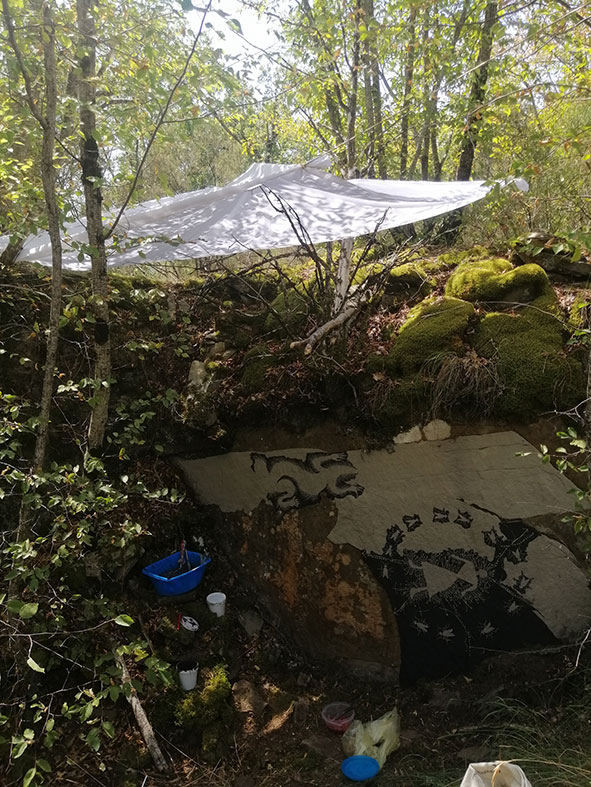
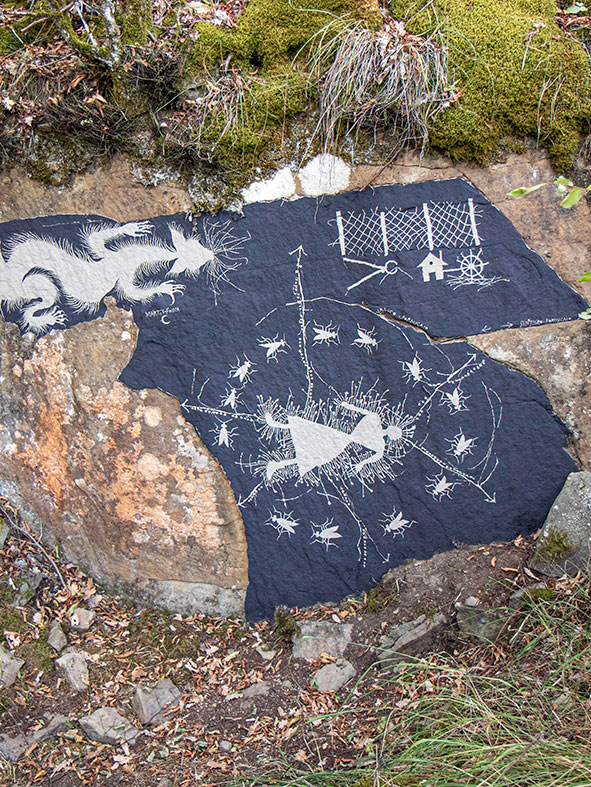
LAMA Impresa Sociale is a consultancy agency for impactful change and innovation. LAMA supports organizations in designing, implementing, evaluating and communicating meaningful innovation strategies, through a systemic approach that takes together visions, roadmaps, positionings and organizational models towards the achievement of sustainable and environmental impacts. LAMA is also the co-founder and managing organization of two creative hubs: Impact Hub Florence, a local social innovation hub and MIM –Made in Manifattura in Florence.
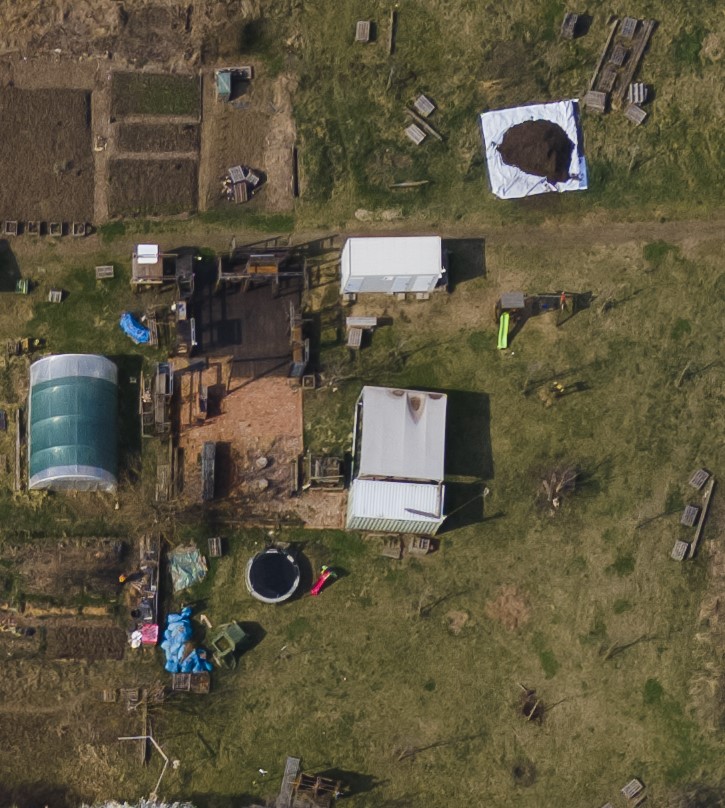
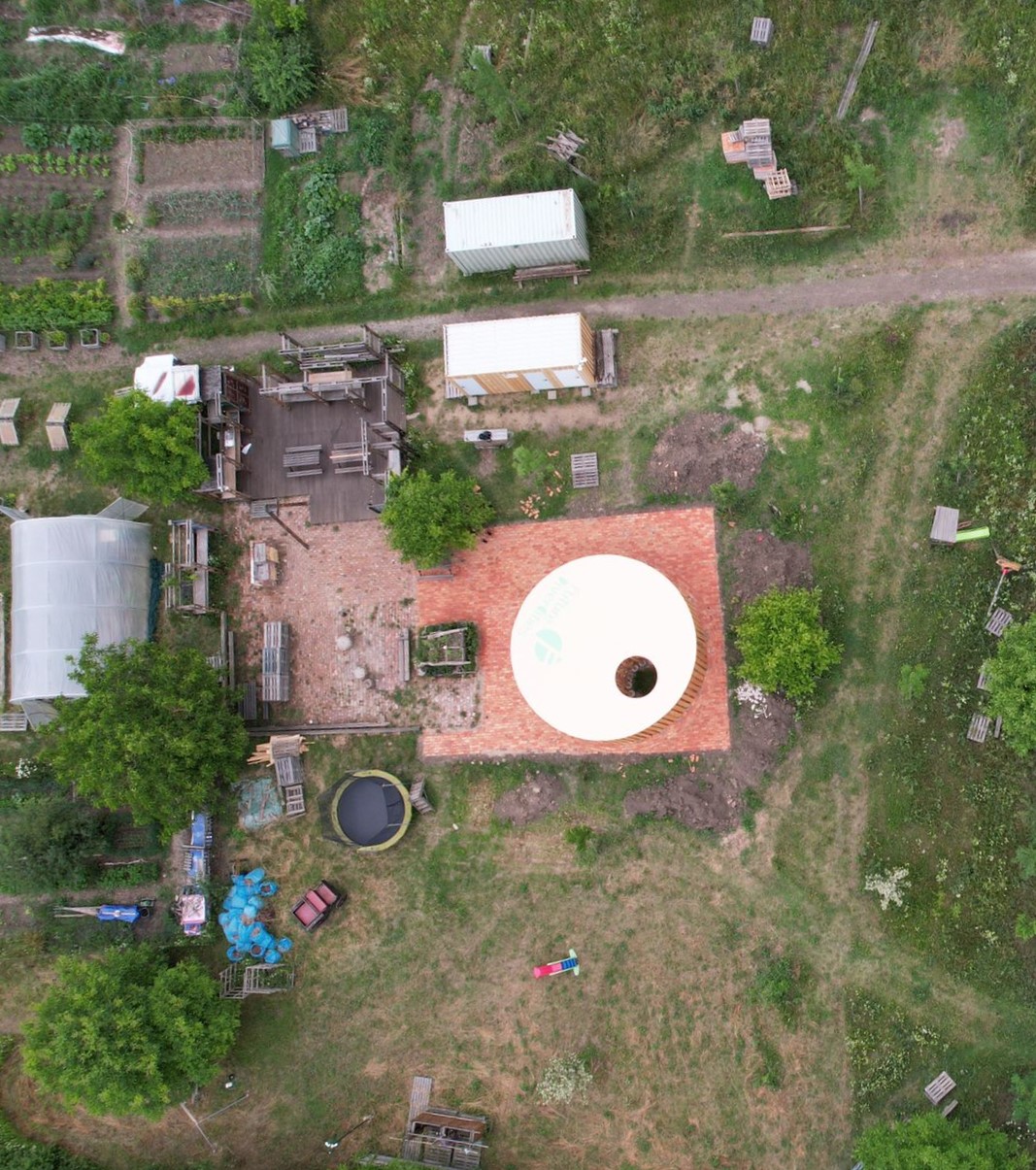
PLAI is a non-profit NGO that has started its social impact approach towards communities forming by the use of culture and urban interventions since 2006. Starting off with a volunteer-based Festival, the NGO has organically developed into a multilayer organization having three main values throughout its actions and projects: urban regeneration, human-centered approaches with a focus on inclusion of the vulnerable and multi-communities’ interactions. PLAI has always been drawn to develop projects starting with neglected spaces (from a forgotten Village Museum to the post-communist industrial sites that follow the trend of being demolished and replaced with the very typical real-estate development of high-density apartment flats and office buildings) to spaces in between outskirt neighbourhoods or the dynamics of a private property that no one cares about. PLAI’s experience with EU projects has started in 2018 and it focuses on subjects of urban regeneration, creative repurpose of the urban space in favour of communities and mixed audiences, as a partner of Cultural and Creative Spaces and Cities, EUREKA – Training the Urban Innovator, and Subtopia.
The project benefits from the expertise of INNOCAMP PL/Ashoka Network (Poland) in accelerating changemaking at city scale; Trajna/Krater Project (Slovenia) in eco-social practice and urban ecology; Savonia University (Finland) in building the analytical framework to systematise ecosystemic and ecological strategies in cultural urban regeneration and LAMA Impresa Sociale (Italy) in developping collective intelligence methodologies.